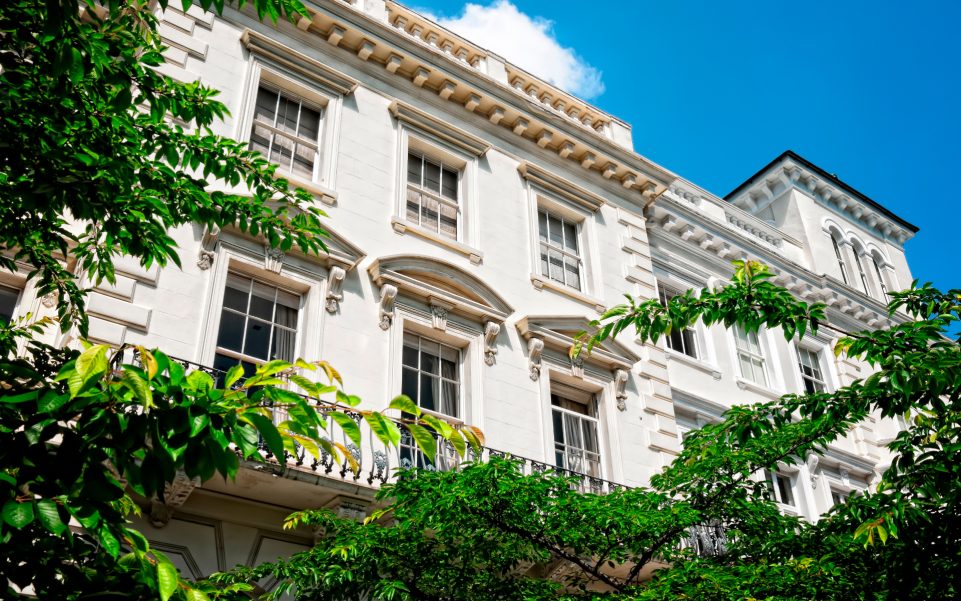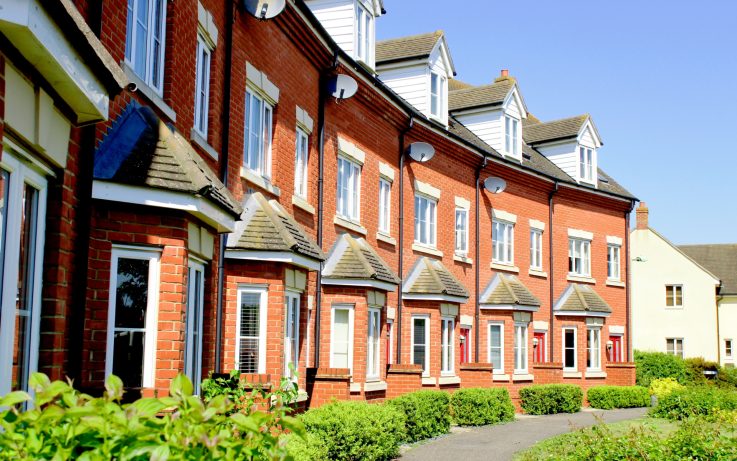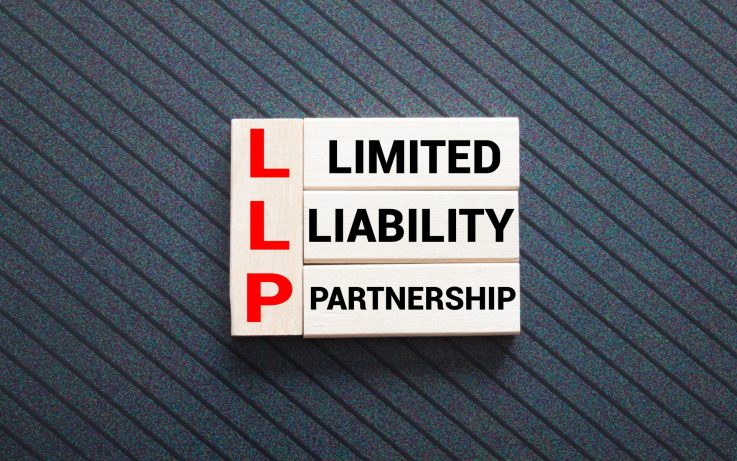Taxes on UK Property

The United Kingdom has always ranked among the world’s strongest financial centres. This is mainly due to stable economic growth. The location of the country at the crossroads of the major trade routes with a-few-hours flight from the world capitals is also a very attractive advantage for foreign entrepreneurs. Most of them want to purchase property in the UK since land, a house, or a flat here will benefit their status.
UK Property – Secure Your Present and Future
Owning a property in the UK gives a kind of insurance in case of personal and/or economic instability. UK real estate is a safe investment with a stable and ever-growing value. Renting out property will provide you with a regular income.
The British tax legislation attracts foreign investors due to its transparent and liberal nature. This is reflected in people’s freedoms and ownership rights. It may even seem that there are no property taxes in the UK at all. It is true in the sense that there is no traditional property tax; however, there are a council tax and other mandatory charges. This article will help you understand the UK taxation system and its niceties.
The amount of tax you will pay depends on how you answer the following questions:
- How much does the property cost?
- Where is the property located?
- What is the property intended to be used for (rental or home)?
- Is it your first property in the UK?
- Do you purchase a house and land together, i.e. freehold?
- What is the type of ownership (leasehold, freehold, or share of freehold)?
- Do you own another property?
It is important to note that in the UK, when you buy a property, it does not mean you buy it with the land it is on.
You need to know and understand certain legal terminology when buying land, a house, a flat, or an office space.
What Is Stamp Duty Land Tax?
A stamp duty land tax (SDLT) is charged at the moment of the purchase of real estate.
SDLT for legal entities is 15%. If you buy property as an individual, the SDLT rate will range from 0% to 17% based on the purchase value, your immigration status, and whether you have another property.
SDLT is calculated primarily based on the purchase value:
- up to £250,000 – Zero;
- the next £675,000 (the portion from £250,001 to £925,000) – 5%;
- the next £575,000 (the portion from £925,001 to £1.5 million) – 10%;
- the remaining amount (the portion above £1.5 million) – 12%.
If it is your first property, there is no SDLT for a property that costs less than £425,000. 5% SDLT on the portion from £425,001 to £625,000. If the price is over £625,000, you cannot claim the relief.
If you purchase additional property, the SDLT rate will increase by 3%. From April 2021, the UK government has increased the SDLT rate for foreign buyers by 2%.
Council Тах
All the current occupants of a flat or a house, be they owners or tenants, must pay a council tax every year. Council tax rates differ by location and price range of the property. You do not pay council tax only if you vacated the property for the time being for refurbishment. Council tax goes to the local council that spends it on maintaining the area surrounding the house and other things.
You can reduce your council tax bill in the following cases:
- There is only one person living in a flat; the council tax rate decreases by 25%;
- You get social benefits;
- You are entitled to disability benefits;
- You are fully or partially disabled;
- You have a low income (less than $16,700 a year);
- You are a student (there is a special discount for students).
Annual Tax on Enveloped Dwellings (ATED)
Annual Tax on Enveloped Dwellings (ATED) is an annual tax on property paid by companies that own a UK residential property of over £500,000. The tax rate depends on the market value of a property at the time of purchase or, if the property is owned for a long time, the revaluation every five years after purchase.
For example, here are the ATED rates for 2022-2023 (property value and tax rate):
- From £500,000 to £1,000,000 – £3,800 a year;
- From £1,000,000 to £ 2,000,000 – £7,700 a year;
- From £2,000,000 to £5,000,000 – £26,050 a year;
- From £5,000,000 to £10,000,000 – £60,900 a year;
- From £10,000,000 to £20,000,000 – £122,250 a year;
- Over £20,000,000 – £244,750 a year.
When are you exempt from ATED?
- A residential property belongs to a commercial or industrial enterprise and is used as an accommodation for employees.
- A residential property is rented out to third parties not connected to the owner.
- A residential property is open to the public for at least 28 days a year.
Capital Gains Tax (CGT)
If you sell your UK property, the money you get will be taxed. For example, you buy a land plot for £11,000,000 and then decide to sell it for £50,000,000. Your gain is £39,000,000 and a Capital Gains Tax (CGT) must be paid on it. You can lower your tax burden by deducting the money you have spent on refurbishment from the sale price (it is possible only if you can provide evidence).
There are two CGT rates based on the amount of capital gain:
- 18%, if the difference between the purchase price and the sale price is less than £31,865;
- 28%, if the difference between the purchase price and the sale price is over £31,865.
You do not have to pay CGT if:
- You are a private owner and decide to sell your property for less than £7,600.
- You gift your property to your spouse.
- The property has not grown in value.
As a non-UK resident, you will have to inform the HMRC about selling your UK property even if you do not gain from it.
Inheritance Тax
The inheritance tax rate in the UK is 40% unless you are a spouse of the deceased person.
Inheritance tax can be reduced if:
- Tax-free allowance of the first £325,000 of the estate is used.
- The whole estate goes to a spouse or a charity.
Income Tax
Income tax is paid on any income you receive by way of:
- Salary;
- Awards;
- Most pensions, including state, workplace, and personal;
- Savings interest;
- Social benefits;
- Grants and support payments.
Tax is not paid on the following income:
- First £1,000 of income from self-employment (“trading allowance”);
- First £1,000 of rental income (unless you use the Rent a Room Scheme);
- Interest from tax-exempt accounts, including Individual Savings Accounts (ISAs) and National Savings Certificates;
- National lottery wins;
- Some benefits;
- Rent from a lodger that is below the rent threshold. The Rent a Room Scheme allows landlords to earn up to £7,500 tax-free.
It is not easy to deal with property issues in the UK without making mistakes. That’s why, we recommend using professional legal assistance. Conveyancing solicitors are the ones dealing with real estate matters. Their expertise and knowledge of all the requirements can save you time and money.
Income tax in the UK is based on the amount of money that you earn. If your annual income is less than £12,570, you do not have to pay any taxes because £12,570 is a tax-free personal allowance.
Non-UK residents who own property and rent it out have to pay taxes on the rental income. The tax rate depends on the income: 20% (if you get up to £32,010), 40% (if you earn from £32,010 to £150,000), or 45% (if your income is over £150,000).
Experienced advisors will help you understand all the nuances of UK taxation and stay taxwise.
FAQ about Taxes on UK Property
How much is the UK property tax?
In the UK, there is no annual property tax per se.
When you buy a UK property, you must pay a one-off stamp duty land tax. For UK residents it is 0-17%, for legal entities 15%; foreign nationals pay an additional 2%.
In addition to that, every month, you will pay council tax that depends on the property value and location. If you rent out your UK property, tenants will normally be responsible for paying this tax.
Leasehold holders pay a Ground Rent for the land where the property is located.
Companies that own residential property the value of which is over £500,000 must pay an Annual Tax on Enveloped Dwellings (ATED).
Upon selling your UK property, you will pay a Capital Gains Tax.
Rental income tax is another property charge that depends on the rent and the tenant’s status (their residence).
In the UK, there is also a very high inheritance tax. It amounts to 40%. In some cases, it is possible to get a tax allowance or even avoid taxation altogether.
What is the difference between a UK resident and a UK tax resident?
The concepts of UK residence and UK tax residence are often used interchangeably. It might lead to a problem. To avoid any issues, you need to understand the difference between a UK resident and a UK tax resident and always double-check which category you belong to.
A UK resident is a person who lives in the UK and has one of the following:
- UK long-term visa;
- Indefinite Leave to Remain (ILR);
- British citizenship.
However, UK residence is not the same as UK tax residence.
To find out your tax residence status, take a statutory residence test (SRT) or get professional advice.







